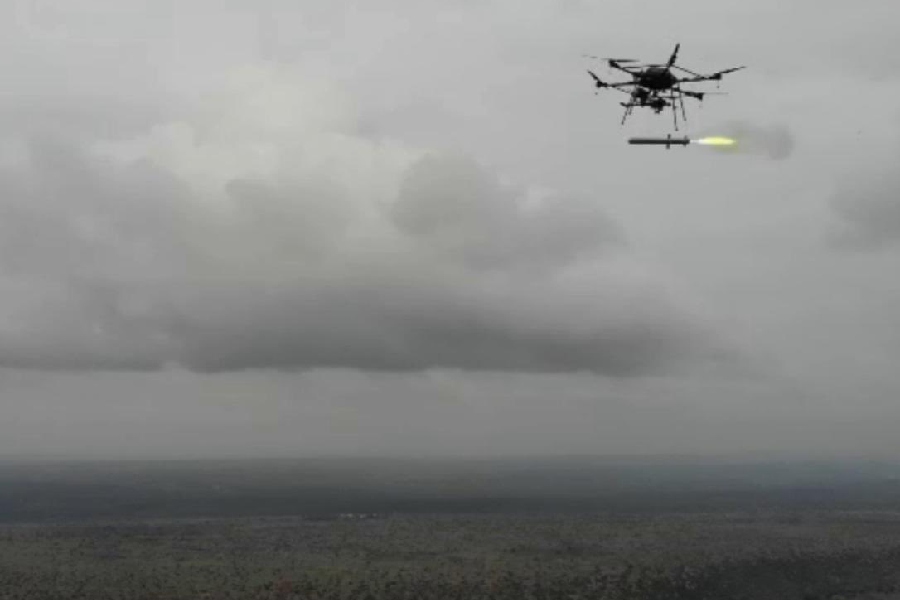 |
Jorhat, Nov. 21: Biru Bala Devi (Rabha), who was recommended for the Nobel peace prize by Northeast Network, Guwahati, an NGO, in 2005, continues her more than two decade-long crusade against witch-hunting from a remote village in Goalpara district, bordering Meghalaya.
On November 30, she will be at the forefront of a dharna to be staged by the Thakur Villa Gaon Mahila Samiti, in front of the deputy commissioner’s office demanding life sentences for the three persons who had confessed to killing a couple suspected of witchcraft, last month.
On the night of October 23, villagers beheaded Paresh and Labanya Rabha after their nephew, who had high fever for two months died on the way to Guwahati hospital where he was being taken by them.
Biru Bala began her fight against superstition and witchcraft from an area of Assam, which is replete with instances of people being tortured and ostracised for allegedly practising black magic and witchcraft.
“I was faced with a dilemma when my son, who was suffering from mental problems was diagnosed by the local ojha (witch doctor) to be assailed by a demoness and sentenced to death in 1991. However, I fought for his life and even today he is alive and in an asylum in Shillong,” the 60-year-old woman said.
Speaking in a mixture of Goalporiya and Assamese, Birubala said she then took up the cudgels on behalf of all those who were similarly accused.
In 1985, she was made the secretary of the Thakur Villa Mahila Samiti and she went from village to village spreading awareness among people who were open to her suggestions. Then she was made the secretary of the greater Borjhara Mahila Samiti in 1991. In 2006, she was taken under the wings of the Asom Mahila Samata Society, an NGO working in this regard.
“Mamoni Saikia, who heads the Asom Mahila Samata Society in the district, asked me to work with them and fight social evils like kidnapping, rape and dowry besides witch-hunting. This gave us a broader base and we took up all cases related to this,” she said.
She was joined in her movement by Usha Rabha and others of the neighbouring Dudhnoi village who had formed the Dudhnoi Mahila Samiti.
“One of my first cases was that of a woman who was tied and hung upside down by her legs, tonsured and beaten by villagers on suspicion of being a witch. This was after her small granddaughter who was in delirium because of a high fever said that she saw her abo (grandmother) in her dreams when she was asked by a neighbour, whom she saw when she was delirious. The woman’s husband had been a witchdoctor (ojha) of the village and she was immediately suspected of practising black magic and thus tortured,” Birubala said.
She was forced to leave the village at night and left for Malangon on the Meghalaya road where she did odd jobs. When Usha Rabha’s uncle, in whose house she was taking shelter, heard of her, she was summoned and with the help of the police she was reinstated in her home.
Birubala now wants to build a shelter for such women who are helpless and in need of psychiatric help after being tortured.
“I hope the district administration will help me to set up such a facility,” she said.
Having passed only lower primary school (Class V), Birubala said it was not only the illiterate who believed in witchcraft. There were school and college teachers who also encouraged these things.
The activist was here in Jorhat to receive the Samajpran Sarbeswar Dutta Memorial award from the S.I. Foundation of Media and Social Welfare.
Biru Bala, in 2008, had been felicitated by Reliance Industries Limited in Mumbai under their 3rd edition of Real Heroes — ordinary people, extraordinary service and has found mention in the Switzerland 1,000 women peace project which has found 1,000 peace women from 150 countries of the globe.










